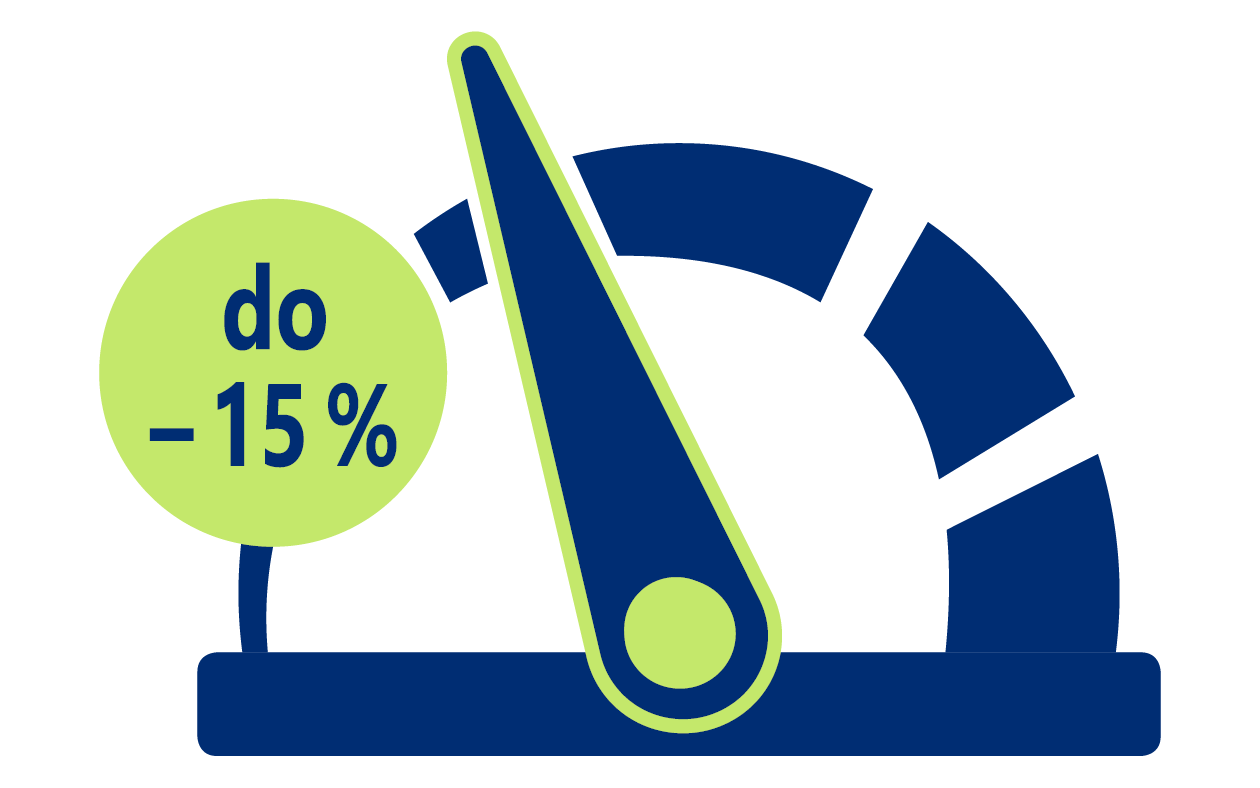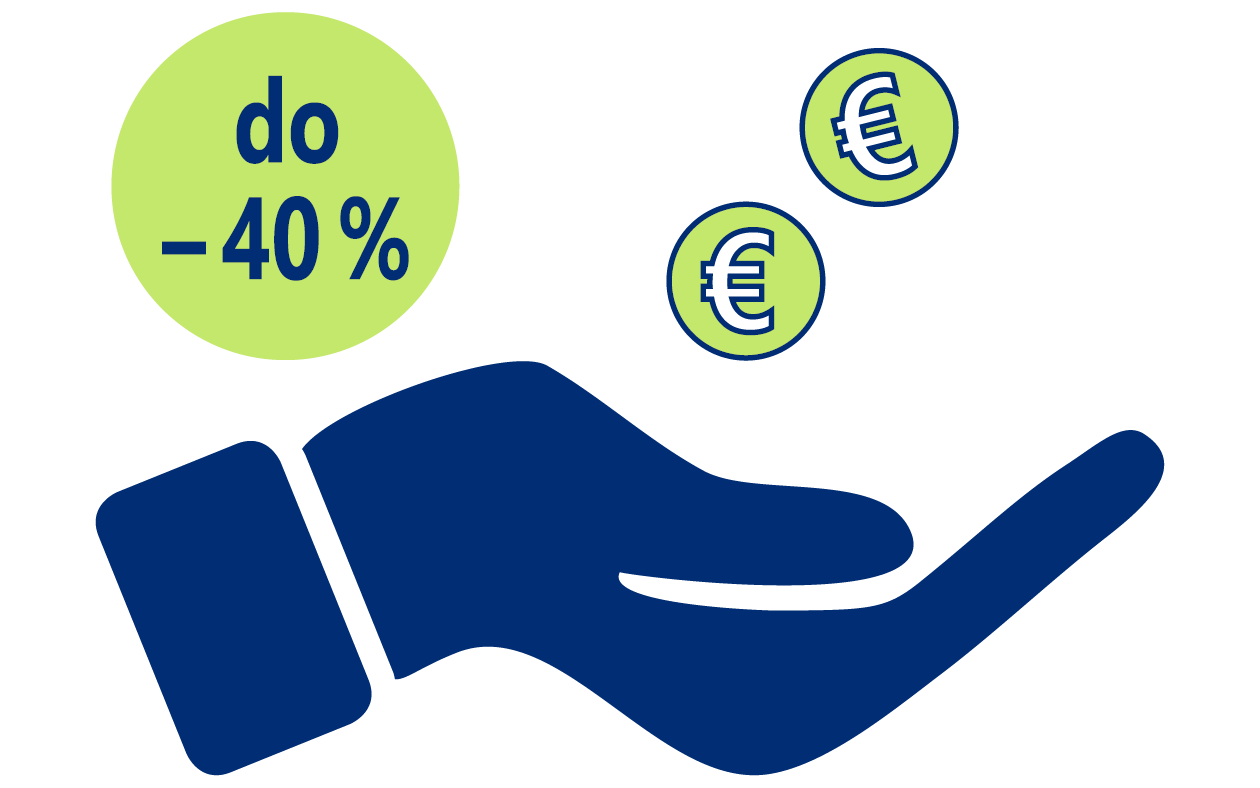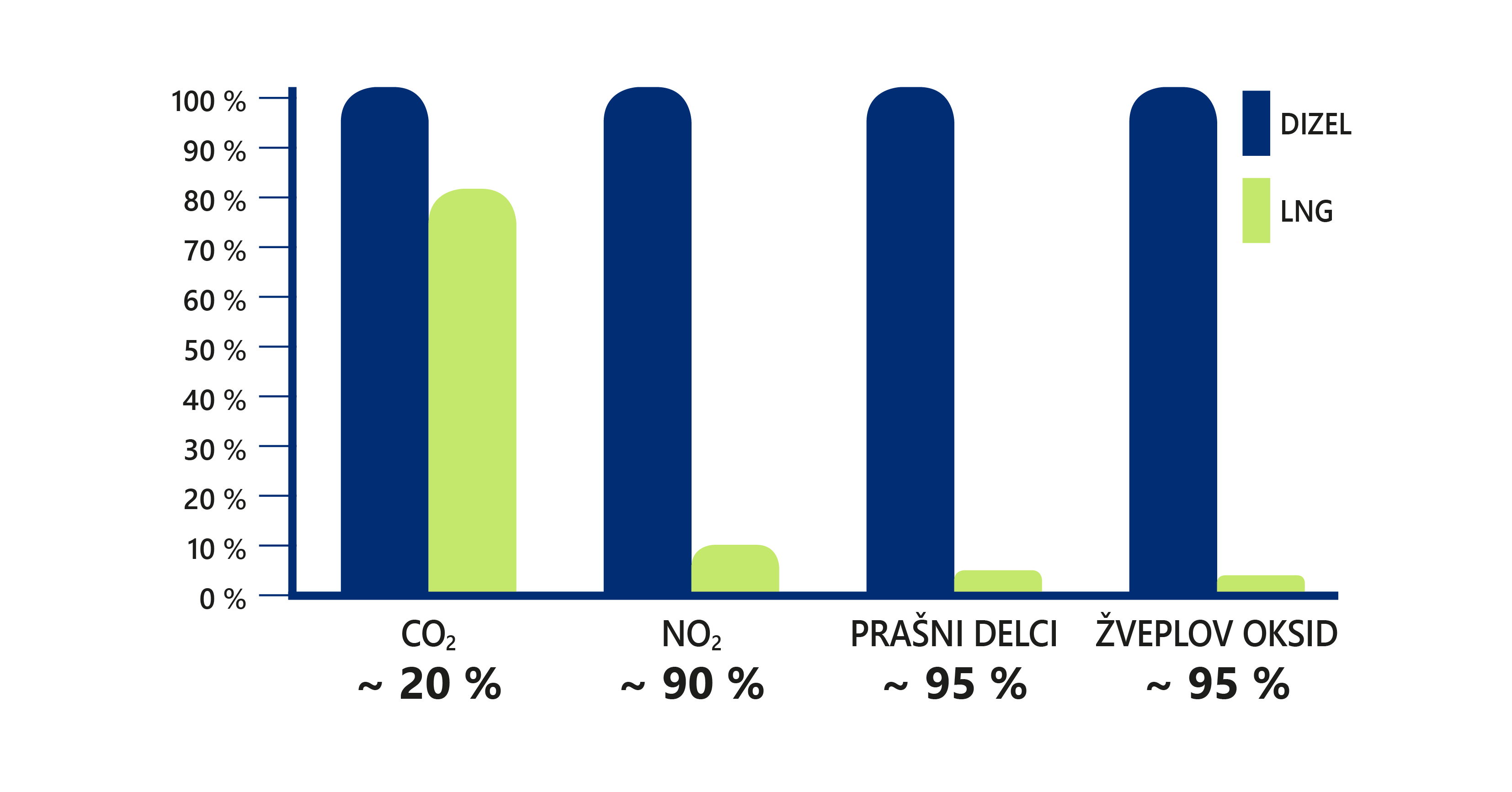WHAT IS LNG?
Liquefied natural gas (LEG) or LNG, which is its international mark, represents a modern alternative to oil, which brings an important advantage in the transportation, namely– the economical energy source with substantially reduced emissions of greenhouse gases than any other hydrocarbon fuel.
Natural gas vehicles are quieter and more economical, and applied technology is also extremely safe. In addition, it is a reliable source, as global natural gas reserves significantly exceed the reserves of oil and they are estimated to be sufficient for the next 200 years.
| |
WHY LNG?
LNG as the fuel of the future plays an important role becouse:
- more natural gas resources than oil resources are available nowadays,
- increasing the ability of liquefaction capacity, thereby increasing the supply of LNG even where there is no pipeline
- LNG engine technology has great potential for increasing efficiency,
- leading manufacturers are currently working on developing new trucks, engines and optimizing consumption,
- substantially lower emission of dust particles, because the combustion in the atmosphere do not emit sulphur, heavy metals and carbon black,
- also produces less carbon dioxide,
- significantly less noise pollution.
Ensuring security of supply with less dependence on imported oil, which is used in the transport sector, in addition to the diversification of supply, is one of the key reasons for promoting the use of LNG in freight transport. |
LNG in comparison with diesel fuel
 LOWER FUEL CONSUMPTION |  THE LOWER PRICE OF FUEL |
In addition to lower unit price of fuel, the advantage of fuel (LNG) is also in the context of repressive legislation deriving from environmental regulations to reduce harmful emissions (carbon dioxide) and will be requiring from companies to use more efficiently energy. |
Natural gas and thus LNG represents among motor fuels modern alternative to diesel and generates lower emissions of greenhouse gases than any other hydrocarbon fuel.
LNG improves local air quality and reduce global warming.
From –15 % |
95 % less |
To 70 % less |
| |
 | Applicable European legislation prescribes 20% and 40% reduction in greenhouse gas emissions by 2020, in accordance with Directive 94/2014/EU establishing alternative fuels and the necessary infrastructure. Member States are also required to develop plans (national policy framework) to create a network of stations for natural gas in cities, ports and the Trans-European Transport Network (TEN-T). |
| |
Tovornjaki na LNG povzročajo do 50 % manj hrupa.With LNG, we achieve up to 75 dB less noise, which is very welcome to the restrictions already in place in some urban centres or at night deliveries. |  |
 +386 1 588 98 00
+386 1 588 98 00








